 |
Grazyna Badowski is Assistant Professor of Mathematics at University of Guam. She got her PhD in Probability Theory in 2001 from Wayne State University. Grazyna has taught a variety of undergraduate and graduate probability and statistics courses. Since 2009 she is a co-leader of Biostatistics Core for the University of Guam Cancer Research Center and University of Hawai’i Cancer Center Partnership Program.
|
 |
Chris Barker is a statistical consultant in the Pharmaceutical Industry. He has over 20 years of experience in Pharmaceutical drug development, with a unique background in the design, conduct, analysis and interpretation of clinical trials for Phases I, II III and IV and also Health Economics and Outcomes Research. His expertise is principally Biostatistics and secondly in Economics. He designed and analyzed the Phase II and III trials which led to the successful Global registration of CELLCEPT for patients receiving Kidney Transplants. In part due to his work in Health Economics and Outcomes research, he has a special interest in statistical analysis of messy, complicated or large datasets. As President-Elect of the San Francisco Bay Area Chapter of the American Statistical Association - he is leading a volunteer initiative in schools in the San Francisco Bay Area to help provide statistical instruction to mathematics and science teachers in grades Kindergarten through 12th grade.
|
 |
Steve Bowe is a Senior Research Fellow (biostatistician) at the Centre for Behavioural Research in Cancer (CBRC) at The Cancer Council Victoria, Australia. Within the Centre, he is leading analyses on several NHMRC-funded studies to relate tobacco control mass media campaign exposure to quit attempts and smoking cessation among Australian smokers. He has also been supervising the conduct of multi-level analyses to examine the role of school factors on secondary school students’ physical activity, using data from the Cancer Council Australia’s National Secondary Student survey of Diet and Activity.
He completed his PhD in applied Biostatistics at the School of Medicine and Public Health, The University of Newcastle NSW in 2011. His thesis examined and developed statistical approaches to account for deaths and impute for missing data in longitudinal cohort studies that measure the Health Related Quality of Life (HR-QOL) of elderly populations. Steve has co-authored around 20 journal publications and has co-supervised several higher research degree students. From 2003-2010, Steve was a lecturer in Biostatistics and has coordinated courses at all levels and conducted numerous face-to-face, online distance learning lectures and workshops to post-graduate biostatistics and clinical epidemiology students. Prior to 2003, he was a mathematics teacher and taught in a range of high schools throughout NSW and NT, Australia.
|
 |
Dongseok Choi is Associate Professor of Biostatistics at Oregon Health and Science University, Portland, Oregon, U. S. A. He got his PhD in Statistics from the University of Chicago in 1999. His research interests are mixed-effects quantile regression, clustering methods for microarrays/proteomics, predicting motif binding sites, spatial-temporal models and geographic information system (GIS), and statistical methods for surveys. Before joining the OHSU, he worked at Organisation for Economic Cooperation and Development, University of California Santa Barbara and Portland State University.
He has been actively serving for international statistical professional societies. He is the former President of the Oregon Chapter of American Statistical Association (ASA). He served as the Poster Chair for the Program Committee of 2007 Joint Statistical Meeting, for the International Relations in Statistics Committee of the ASA from 2005 to 2010, and currently for the Program Committee of the International Chinese Statistical Association. In addition, he has been a member of Statistics Without Borders since its inception. He is currently the President of Korean International Statistical Society.
|
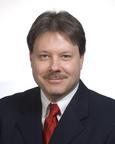 |
James J. Cochran is the Bank of Ruston Endowed Research Professor of Quantitative Analysis and Computational Modeling; Senior Scientist, Center For Information Assurance; and Senior Scientist/ Analytic Group Director, Center For Secure Cyberspace at Louisiana Tech University. He was a founding co-chair of Statistics Without Borders (http://community.amstat.org/AMSTAT/StatisticsWithoutBorders). He established and has organized the annual INFORMS/IFORS International Teaching Effectiveness Colloquium series and has co-chaired these colloquia in Montevideo, Cape Town, Cartagena, Dar es Salaam, Jaipur, Buenos Aires, and Nairobi through this initiative. Professor Cochran is also the Editor-in-Chief of INFORMS Transactions on Education (http://www.informs.org/Pubs/ITE) and founding Editor-in-Chief of the Wiley Encyclopedia of Operations Research and Management Science (http://www.wiley.com/WileyCDA/WileyTitle/productCd-0470400633.html). Professor Cochran also organized and chaired the 2008 ORPA Conference on Using Operations Research to Address Urban Transport and Water Resource Management Issues in Africa. At ICHPI he will be delivering training in Operations Research as well as the concluding plenary talk.
|
 |
Jeremy Dorovolomo is a lecturer in physical education and sports at the School of Education, University of the South Pacific, Suva, Fiji. Among his areas of research interest is physical activity and health. The provision of opportunities for being physically active is critical to arresting the increasing non-communicable disease burden. Jeremy has increasingly used quantitative research methods and analysis in the last three years to report on his research project, including the paper for this conference.
|
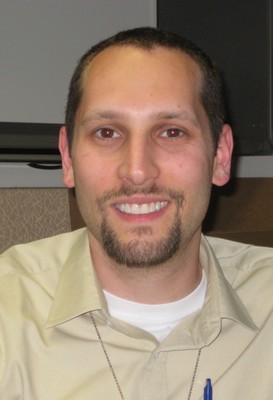 |
Justin Fisher is a Senior Statistician at the U.S. Government Accountability Office, where he works primarily on sampling and variance estimation. Prior to GAO, he held positions at various United Nations agencies including UNCTAD, UNESCO and UNESCAP, the regional office for Asia and the Pacific. As a member of Statistics Without Borders, he traveled to Haiti two months after the 2010 earthquake to assist with a survey designed to estimate the economic impact of the earthquake. In addition to his responsibilities at GAO, he is also a lecturer in the Elliott School of International Affairs at The George Washington University, Washington D.C., where he teaches a graduate-level statistics course.
|
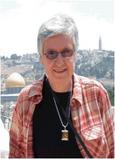 |
Mary W. Gray is professor and chair of the Department of Mathematics and Statistics at American University, Washington D.C. She has received the Presidential Award for Excellence in Science, Engineering and Mathematics Mentoring and is a fellow of the American Statistical Association and a member of Statisticians Without Borders. Professor Gray is past chair of Amnesty International USA and currently chairs the Board of Directors of the American Middle East Education Foundation. A lawyer as well as a statistician, Dr. Gray has over 100 publications in statistics, economic equity, law, and mathematics education.
|

|
Mark Griffin is a medical statistician from the School of Population Health, University of Queensland, Australia. He is the Co-Chair of the Biostatistics Section for the Statistical Society of Australia, and the Head of the New Projects Committee for Statistics Without Borders. In November 2010 he became the founding Chair of the Friends of Australasia, a special-interest group of the American Statistical Association providing a forum for increased communication between statisticians in the US, Australia, New Zealand, and the Pacific Islands. At ICHPI he will be delivering training in Linear Regression, Logistic Regression, and Mixed Effects Analysis (for Clustered Data).
|
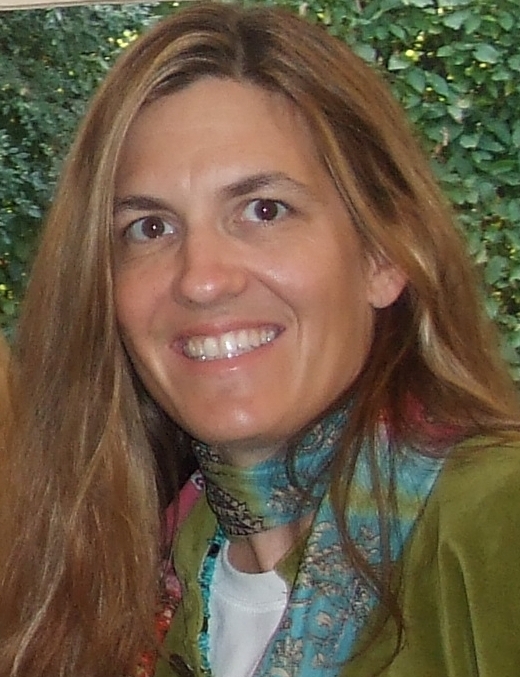 |
Jodi Lapidus is an Associate Professor in the Department of Public Health and Preventive Medicine, Division of Biostatistics at Oregon Health & Science University. For several years, she has also been a collaborating investigator at Northwest Portland Area Indian Health Board (a tribal organization representing 43 tribes in Northwest US). She has taught biostatistics and study design to many cohorts of American Indianm Alaska Native and Native Hawaiian trainees via various training grants. Her biostatistics methdology interests include statistical methods for epidemiology, community intervention trials, categorical data analysis and methods for biomarker discovery. In addition, she has interest and expertise in heatlh disparities research, particularly in the area of maternal and child health. She is currently the Principal Investigator for the Native Children Always Ride Safe Project (Native CARS), a five-year community-based participatory research project at NPAIHB, funded by the National Institute for Minority Health and Health Disparities.
|
 |
Tim O’Brien is an applied statistician at Loyola University Chicago Department of Math and Statistics, where he is professor and graduate program director of the MSc program. Tim teaches courses from undergraduate statistical concepts/methods to post-graduate nonlinear modelling and optimal design, and has served as Visiting Professor in Europe and Asia, including several universities in Thailand. At ICHPI, he will present a short course related to applied nonlinear regression modelling and experimental design strategies.
|
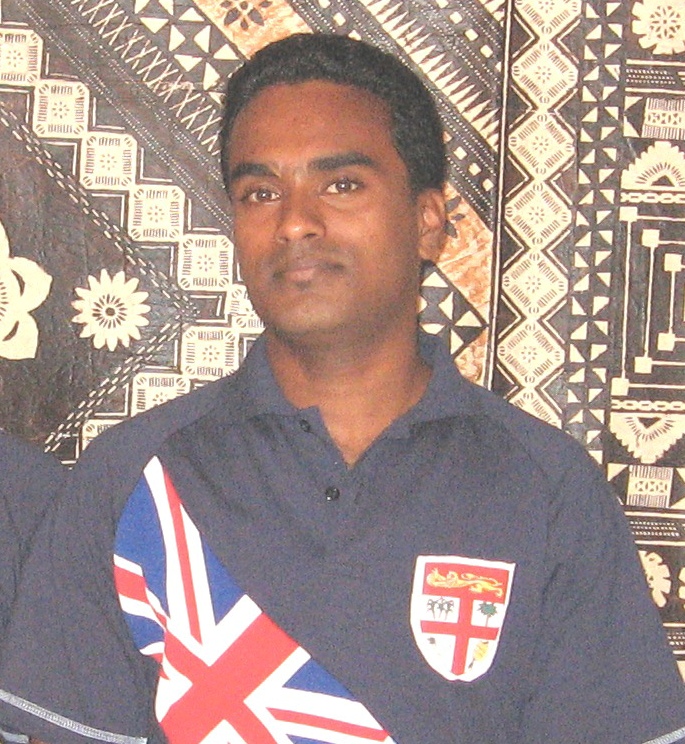 |
Karuna Reddy is a young, aspiring statistician who currently works as an academic at The University of Fiji in Saweni Campus, Lautoka, Fiji Islands. He completed his BSc in Mathematics with Statistics emphasis and Computing Science in 2005 and recently his MSc from The University of the South Pacific in Suva, Fiji. His area of interest is Survey Sampling, Mathematical Programming Problems and Operations Research. His area is very interesting and worth studies since stratification obviously needs better and more efficient algorithms. The core component of his research is determining optimum stratum boundaries (OSB) in Stratified Random Sampling for different types of real-life distributions where he deals with univariate stratification by using auxiliary variables to achieve optimal stratification with improved accuracies. Karuna has been involved in teaching, research and consultation in his area of work. Besides this, his interest area is Employment Relations, Human Resources Development and Martial Arts Education.
|
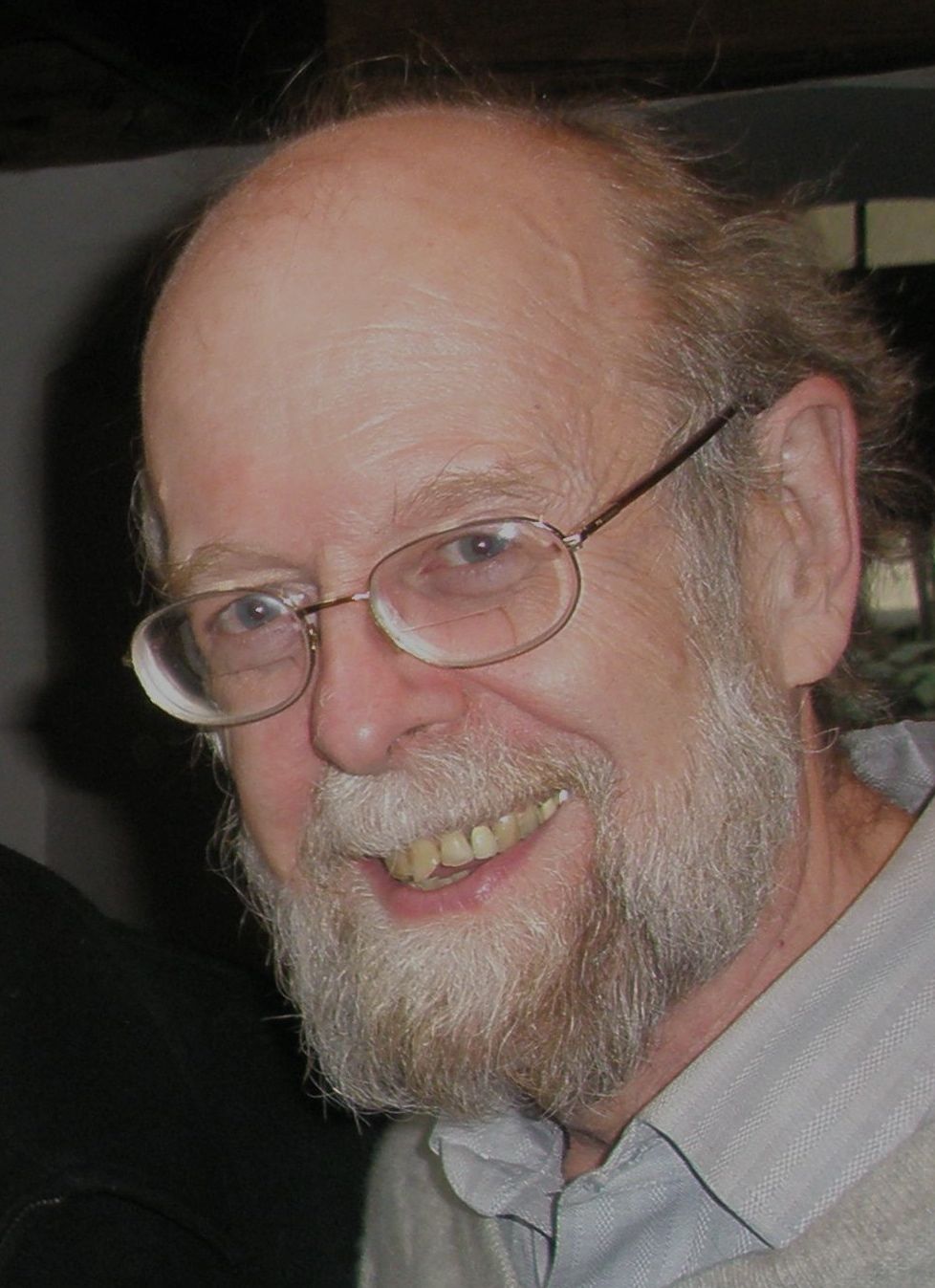 |
Duncan Thomas is Professor of Preventive Medicine, Director of the Biostatistics Division, and Verna R. Richter Chair in Cancer Research at the University of Southern California Keck School of Medicine. He received his Ph.D. from McGill University in 1976. His primary research interest has been in the development of statistical methods for environmental and genetic epidemiology, with numerous collaborations in both areas. On the environmental side, he has been particularly active in radiation carcinogenesis and air pollution health effects research, notably as one of the senior investigators on the Southern California Children’s Health Study and as a member of President Clinton’s Advisory Committee on Human Radiation Experiments. On the genetic side, he is a coinvestigator in the NCI’s Colon Cancer Family Registry, the Genetic Analysis Workshop, the ENDGAME consortium to develop methods for genome-wide association studies, and past President of the International Genetic Epidemiology Society. Dr. Thomas has numerous publications, including the textbooks Statistical Methods in Genetic Epidemiology (Oxford University Press, 2004) and Statistical Methods in Environmental Epidemiology (Oxford University Press, 2009). These three broad areas of interest make him uniquely qualified to address methodological challenges in studying gene-environment interactions.
|
 |
Ian Westbrooke is an applied statistician at New Zealand's Department of Conservation He works on a wide variety of issues, primarily biological conservation but also involving the social side of conservation management. Training non-statisticians is an important aspect, along with research and consulting. Previously Ian has worked at the Health Funding Authority and Statistics New Zealand. Particular interests are stats education and data visualisation. Ian is an executive member of the NZ Statistical Association, and also teaches at University of Canterbury.
|
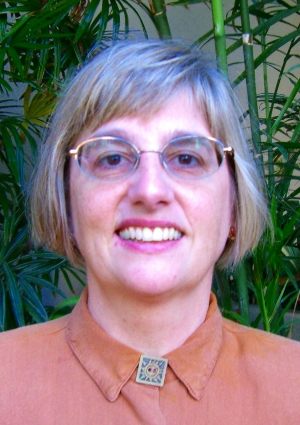 |
Lynne Wilkens is a Professor of Biostatistics at the University of Hawaii Cancer Center. She received her DrPH in 2000 from the University of North Carolina and has worked in biostatistics for over 25 years, with application to the fields of cancer and reproductive health. She has extensive experience in study design, conduct and analysis. She has co-authored over 100 papers and has been co-investigator for many NIH grants, including a Cancer Center Partnership Program between University of Hawaii and University of Guam, and a newly funded USDA program to study ways to improve child health in the Pacific.
|
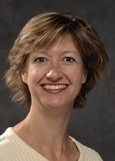 |
Marcy Winget received a B.S. in Genetics from the University of California at Davis and an M.H.S in Biostatistics and Ph.D. in Epidemiology from Johns Hopkins University. She has been active in a wide variety of types of research for 25 years including basic science, clinical trials, cancer biomarkers, informatics, and more recently health services/systems research. She has worked in the biotech industry (Genentech), a clinical research organization, and Fred Hutchinson Cancer Research Center, all located in the U.S. She moved to Alberta, Canada in 2004 and is currently Leader, Research and Evaluation, Community Oncology, Cancer Care, Alberta Health Services and an Associate Professor, School of Public Health, University of Alberta. Her current research focuses primarily on cancer health services utilization and evaluation as related to quality of care, access to care, and patient outcomes. The underlying goal of her research is to bring information to decision-makers to facilitate short and long-term planning towards optimizing quality and access to cancer services. She is also involved in activities and research to simplify access to key data in order to facilitate conduct of health services and other types of population-based research.
|
 |
Peter Wollan taught mathematics and statistics in several colleges and universities from 1975 to 1992, when he abandoned academics to become a consulting statistician. For six years he was in the Biostatistics Department of Mayo Clinic, and in 1998 moved across town to the Research Department of Olmsted Medical Center, where he has been ever since. We are a small group, entirely grant supported. We work on a wide variety of medical questions, which can generally be described as primary-care epidemiology.
His wife recently retired from a clinical lab, and at the moment is in Africa, assisting a hospital lab to become certified. They have two children and one grandchild, who all live much too far away. He enjoys skiing, bicycling, and amateur radio, as well as snorkeling in warm oceans.
|
 |
Yutaka Yasui received a Bachelor of Engineering in Environmental Engineering from Kyoto University (Japan) in 1989 and a PhD in Biostatistics from Johns Hopkins School of Public Health (Baltimore, USA) in 1994. He worked in the Department of Health Policy and Management, Injury Prevention Center, and Health Services and Development Center at Johns Hopkins in 1994-1995, and then in the Cancer Prevention Research Program at Fred Hutchinson Cancer Center and the Department of Biostatistics at University of Washington (Seattle, USA) in 1995-2004. He joined the Department of Public Health Sciences at University of Alberta (Edmonton, Canada) in November 2004, where he has been teaching biostatistics and conducting research as a Professor and a Canada Research Chair in Biostatistics and Epidemiologic Methods. He is a President Elect of the Biostatistics Section of the Statistical Society of Canada. He has over 200 peer-reviewed publications in health sciences, including methodological work in biostatistics and epidemiology. He has received multiple teaching awards at both Johns Hopkins and University of Alberta.
For more information, see http://www.ualberta.ca/~yyasui/homepage.html and http://www.publichealth.ualberta.ca/en/research/researchers_supervisors/yasui.aspx.
|